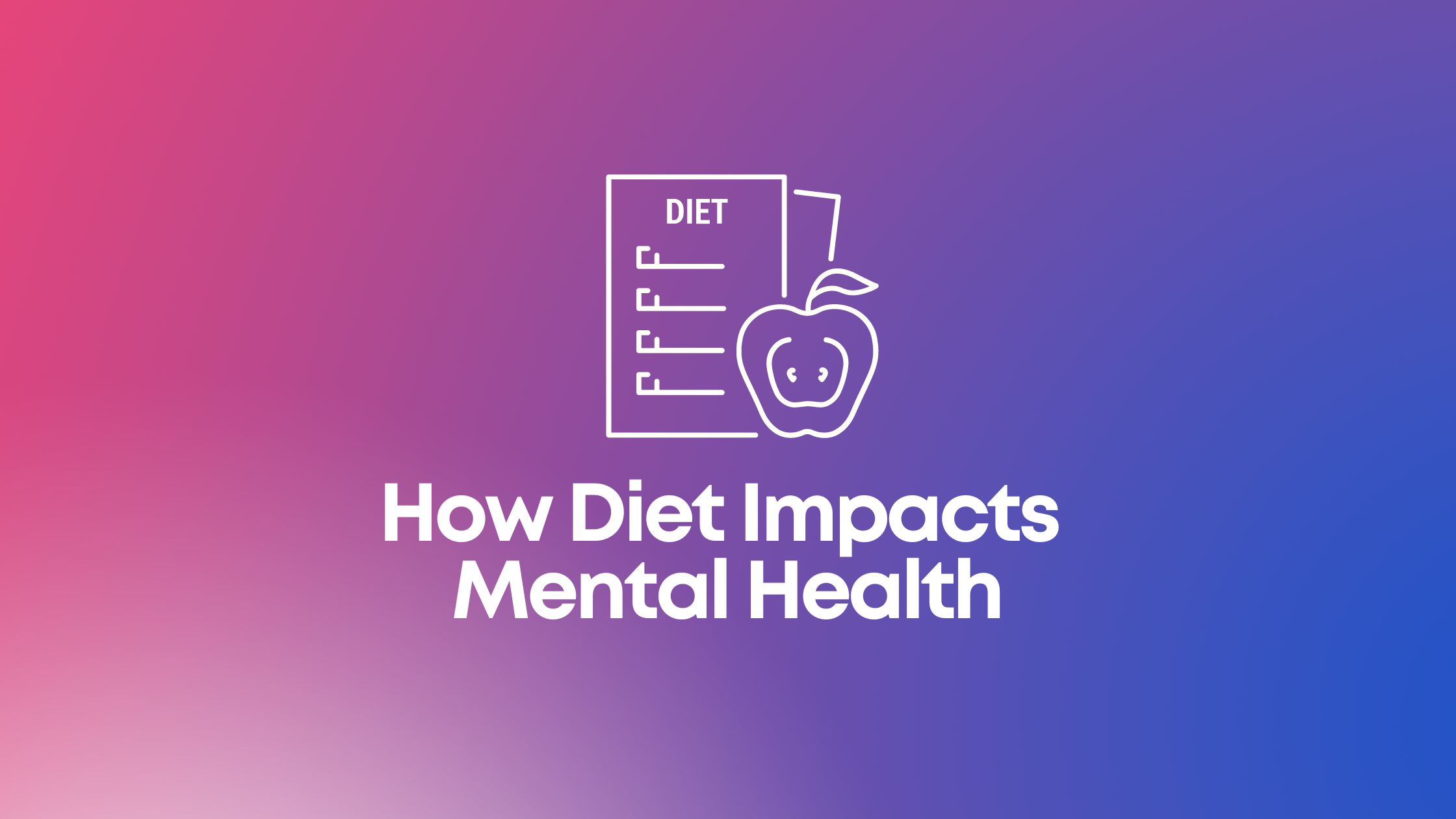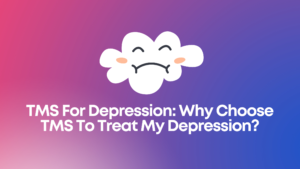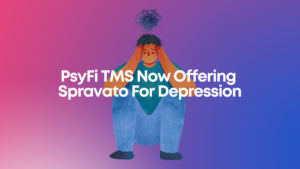The human brain is the most complex organ in the body, and it’s also the most energy-demanding. It’s no wonder that what we eat can have a big impact on our mental health. Therefore, it is essential to understand how diet impacts mental health.
How Diet Impacts Mental Health
There are many different nutrients that are essential for optimum brain function, including omega-3 fatty acids, B vitamins, iron, zinc, and magnesium. If you’re not getting enough of these nutrients in your diet, it can lead to problems with mood, memory, and focus. This blog post will explore how diet can impact mental health, and offer some tips on eating for a healthy brain.
First, let’s look at omega-3 fatty acids. These are found in oily fish, such as salmon, mackerel, and sardines, and they’re vital for brain health. Omega-3 fatty acids help to reduce inflammation in the brain, which can lead to depression and other mental health problems. They also play a role in brain development and memory. If you’re not eating enough omega-3 fatty acids, it can impact your mood and cognitive function.
B vitamins are also important for brain health. B vitamins help to produce neurotransmitters, which are the chemicals that carry messages between cells in the brain. They also help to protect the brain from damage. B vitamins can be found in poultry, meat, eggs, and dairy products. If you’re not getting enough B vitamins in your diet, it can lead to problems with mood, memory, and focus.
Iron is another nutrient that’s essential for brain health. It’s needed for the production of neurotransmitters and for the formation of new blood cells. Iron can be found in meat, poultry, fish, beans, and leafy green vegetables. If you’re not getting enough iron in your diet, it can lead to problems with mood, memory, and focus.
Other important nutrients for brain health include zinc and magnesium. Zinc is involved in many different processes in the brain, including cell growth and communication. It can be found in meat, poultry, fish, nuts, and seeds. Magnesium is involved in energy production and muscle function. It can be found in dark chocolate, leafy green vegetables, nuts, and seeds.
Now that we’ve looked at some of the nutrients that are essential for brain health, let’s look at how diet can impact mental health.
There are many different types of mental illness, and diet can play a role in all of them. For example, research has shown that people who eat a diet high in processed foods and refined sugars are more likely to experience depression. On the other hand, people who eat a diet rich in whole foods, such as fruits, vegetables, and whole grains, are less likely to experience depression.
Diet can also impact other mental health conditions, such as anxiety and Alzheimer’s disease. Research has shown that people who eat a diet high in processed foods and refined sugars are more likely to experience anxiety. On the other hand, people who eat a healthy diet are less likely to experience anxiety.
Alzheimer’s disease is a type of dementia that affects memory, thinking, and behavior. Research has shown that people who eat a diet high in saturated fats and refined sugars are more likely to develop Alzheimer’s disease. On the other hand, people who eat a healthy diet are less likely to develop Alzheimer’s disease.
So, what can you do to eating for a healthy brain?
There are many different things you can do to eating for a healthy brain. First, you can make sure that you’re getting enough of the nutrients that we discussed earlier. This means eating plenty of oily fish, leafy green vegetables, nuts, and seeds.
You can also try to limit your intake of processed foods and refined sugars. This means avoiding sugary drinks, processed meats, and refined grains. Instead, opt for whole foods, such as fruits, vegetables, and whole grains.
Finally, you can try to eat more mindfully. This means paying attention to your food and chewing slowly. It also means avoiding distractions, such as television or your phone, while you’re eating.
Eating for a healthy brain is important, but it’s just one piece of the puzzle. Exercise, sleep, and stress management are also important for maintaining a healthy mind. At PsyFi TMS, we offer TMS for depression and cravings, as well as other services to help you live a healthy, balanced life. Contact us today to learn more about our services: info@psyfitms.com.




Im very happy to uncover this great site. I need to to thank you for ones time for this fantastic read!! I definitely enjoyed every bit of it and I have you book marked to see new things in your blog.
I’ve been absent for a while, but now I remember why I used to love this website. Thank you, I will try and check back more often. How frequently you update your site?